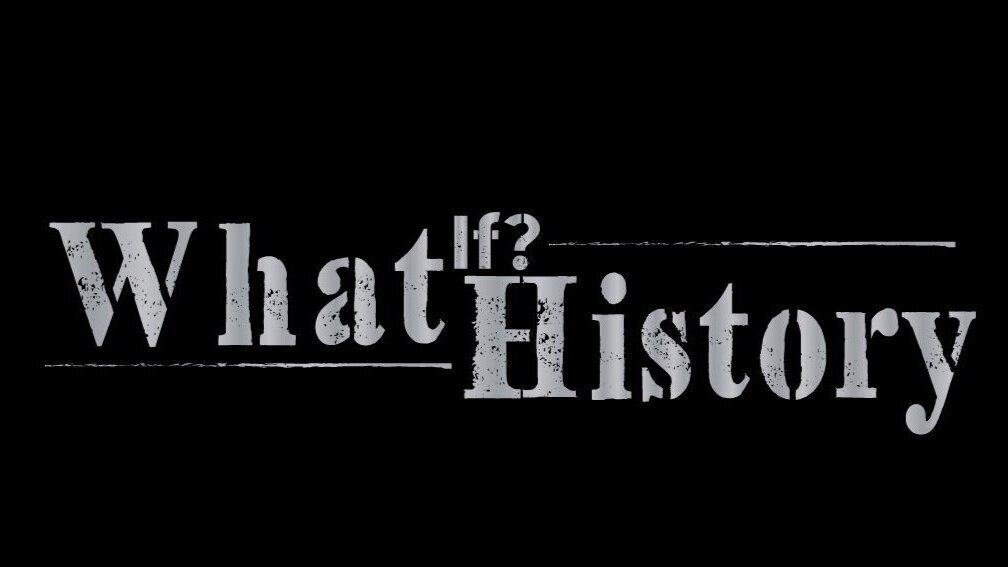Transforming Lives: What If Emergency Medical Services (EMS) Were an Essential Service in the US?
Transforming Lives: What If Emergency Medical Services (EMS) Were an Essential Service in the US?
Welcome to another captivating installment of What If History, where we dive into imaginative scenarios that reshape the fabric of our world. Today, we venture into a realm of possibility that touches lives every day—the concept of Emergency Medical Services (EMS) as an essential service in the United States. Join us as we envision a society where timely medical assistance is readily available to all, and its profound impact on communities, health outcomes, and the very essence of emergency response.
In our reality, Emergency Medical Services (EMS) play a crucial role in saving lives and providing critical medical care during emergencies. But what if society regarded EMS not merely as a service, but as an essential cornerstone of public safety and healthcare?
In a world where EMS is recognized as an essential service, communities across the United States would benefit from comprehensive coverage. Ambulances, paramedics, and emergency medical technicians would be strategically positioned to provide rapid response to accidents, medical crises, and emergencies of all kinds, ensuring timely medical intervention that could mean the difference between life and death.
With EMS elevated to essential status, funding for training, resources, and cutting-edge equipment would be readily available. Paramedics and EMTs would receive advanced training, enabling them to provide a higher level of care in the field. State-of-the-art medical technologies, vehicles, and communication systems would empower EMS professionals to deliver swift and effective medical assistance.
A society where EMS is integral to healthcare would foster closer collaboration between EMS providers, hospitals, and other healthcare institutions. The seamless flow of patient information, medical histories, and real-time updates would ensure continuity of care, leading to more effective treatment and improved patient outcomes.
An essential EMS system could proactively engage in public health initiatives and preventive care. Paramedics and EMTs could conduct community outreach, health education, and even offer basic health screenings to identify and address health concerns before they escalate into emergencies.
Timely EMS interventions could alleviate the strain on hospital emergency departments, enabling them to focus on more critical cases. By addressing medical issues at an earlier stage, EMS could contribute to a more efficient healthcare system and reduce healthcare costs.
The recognition of EMS as an essential service could empower communities to actively engage in emergency response and preparedness. Citizen involvement in CPR training, first aid workshops, and disaster response drills would create a culture of readiness and resilience.
As we contemplate the "what if" scenario of EMS as an essential service in the United States, we glimpse a society transformed by swift and efficient medical assistance, a healthcare system seamlessly integrated with emergency response, and a populace empowered to take charge of their own safety. The impact of this shift extends far beyond emergencies, touching lives, communities, and the very core of our approach to healthcare.
Join us next time on What If History as we continue to explore captivating scenarios that inspire us to reimagine the world we know.
(This is a topic near and dear to the author’s heart. If you feel compelled to support a local non-profit EMS agency, please donate at Montclair EMS )



